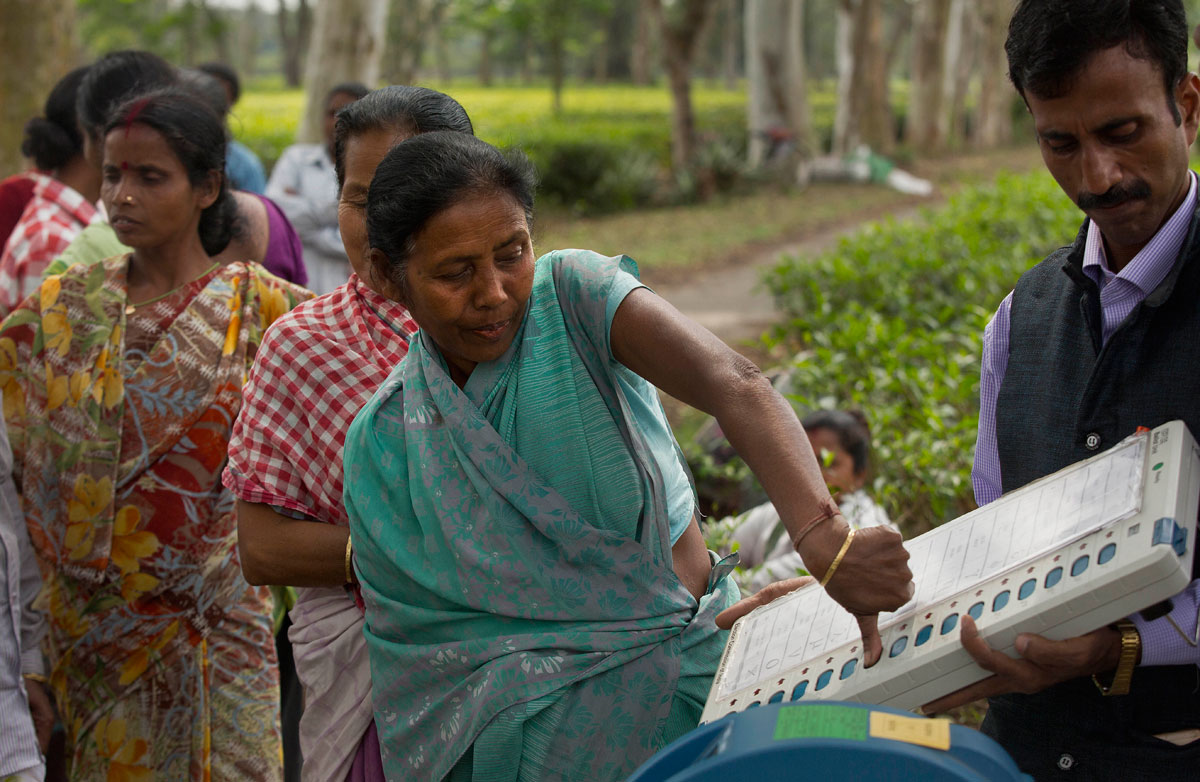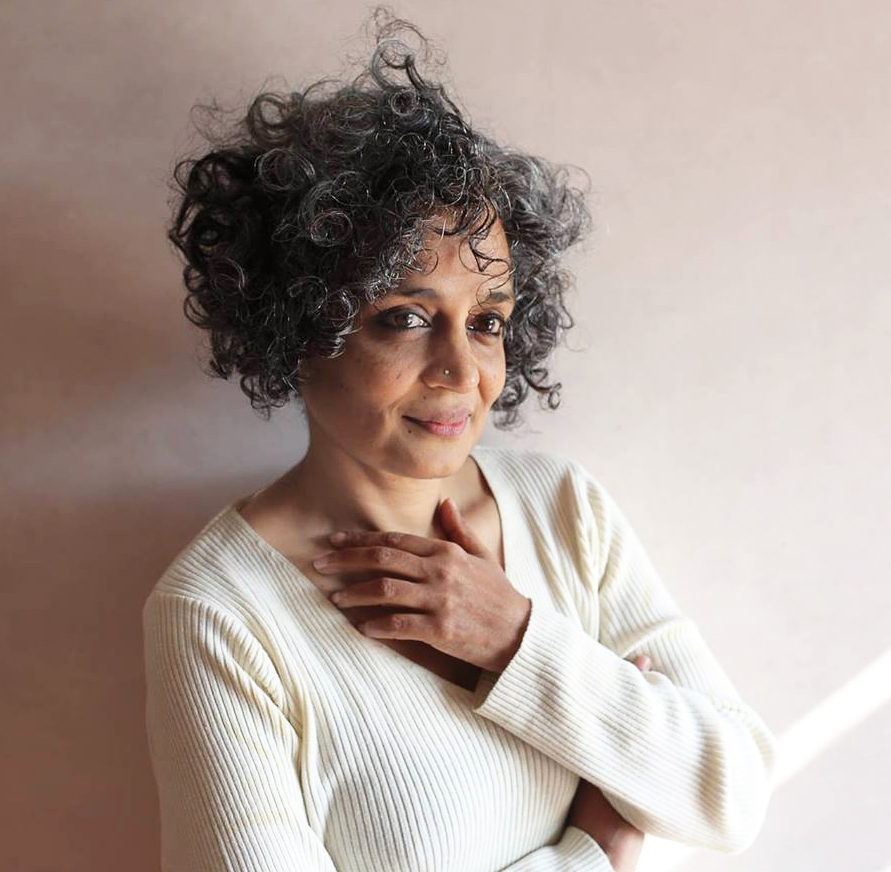A group of 150-odd scientists on Wednesday urged citizens to “vote wisely” and reject those who encourage discrimination, divide people and create fears, marking the first such pre-election appeal from India’s scientific community.
The scientists have described the upcoming general election as a “crucial one” that seeks a reaffirmation of the most fundamental guarantees of the Constitution, including the rights to faith, personal liberty and freedom of expression.
“To defend these rights, we must reject those who lynch or assault people, those who discriminate against people because of religion, caste, gender, language or region,” the scientists from top academic institutions said.
“We must reject those who encourage such practices. We cannot endorse a politics that divides us, creates fears, marginalises a large fraction of our society — women, Dalits, Adivasis, religious minorities, persons with disabilities or the poor.”
The public appeal does not name any political party but some of the signatories said the decision to issue the appeal reflected concerns in the scientific community about the nature of public discourse over the past five years.
“There is significant discontent in scientific circles — this appeal is a way to channel that discontent into a constructive outlet,” said Satyajit Rath, a medical immunologist and adjunct professor at the Indian Institute of Science Education and Research, Pune.
Groups of scientists from across India had over the past three years expressed concern at what they viewed as poor governance of scientific institutions and statements undermining evidence-based thinking from people in responsible positions.
“There is a connection between regressive ideological politics and the loss of the scientific temper in public discourse,” Rath said. “We’ve seen over recent years a retreat from evidence-based policies and we’ve seen the growth of emotive lumpen populism.”
Among the signatories to the appeal are senior scientists and teachers from the Tata Institute of Fundamental Research, Mumbai; Indian Statistical Institute, New Delhi; and the IISERs at Pune and Calcutta.
Some of the other signatories work at the Translational Health Science Technology Institute, Faridabad; Banaras Hindu University; the Inter-University Centre for Astronomy and Astrophysics, Pune; laboratories under India’s Council of Scientific and Industrial Research; and the Institute of Mathematical Sciences, Chennai.
The appeal cites Rabindranath Tagore’s poem “Where the mind is without fear”, saying its lines reflect the values of India’s Constitution.
“We appeal to citizens to vote wisely, weighing arguments and evidence critically. We appeal to all citizens to remember our constitutional commitment to (the) scientific temper,” the appeal said. “We appeal to you to vote against inequality, intimidation, discrimination, and unreason.”
India’s science academies had in 2015, about a year after the Narendra Modi government had taken over, aired concerns for the first time about the growing irrationality and intolerance in the country.
An inter-academy panel on ethics in science had said the Indian Constitution demanded an allegiance to the scientific temper which, the panel added, encompassed rationality, rights and responsibility in equal measure.
“We note with sadness and growing anxiety several statements and actions that run counter to this constitutional requirement of every citizen,” the five-member panel said.
The panel, also called the “Committee of Elders”, represented three bodies — the Indian National Science Academy, New Delhi; Indian Academy of Sciences, Bangalore; and the National Academy of Sciences, Allahabad.












